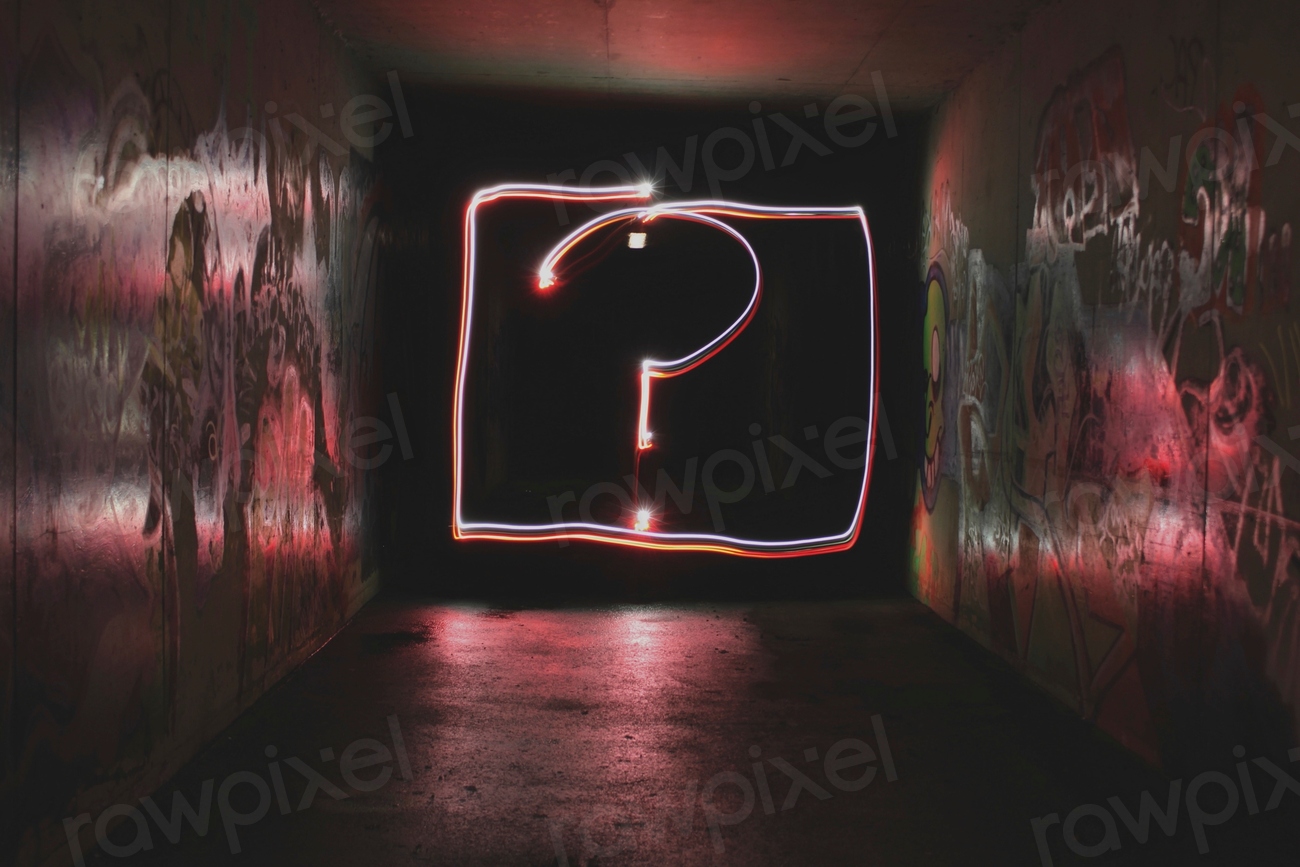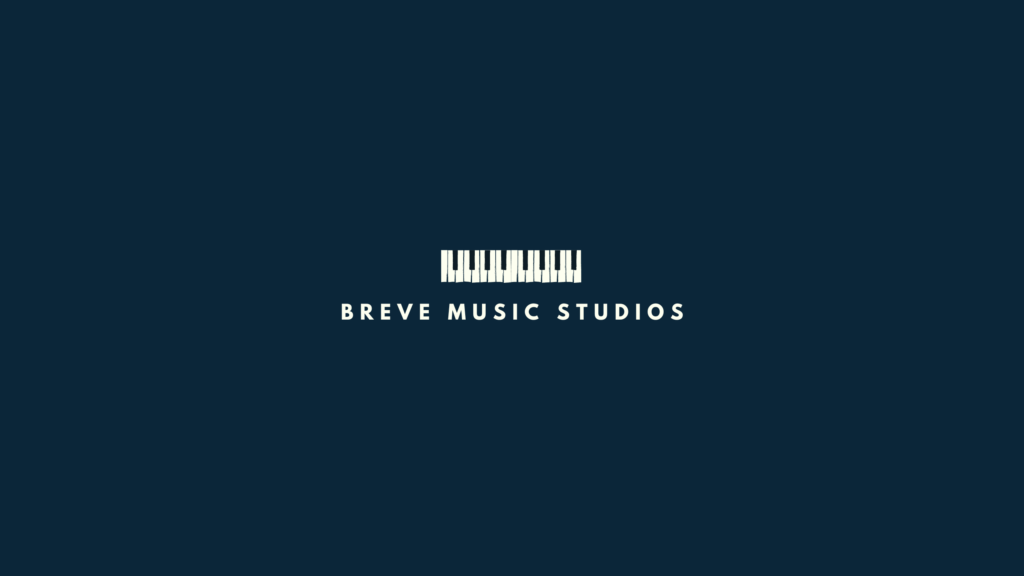Table of Contents
Introduction
Beneath the glamorous surface of the music industry lies the secrets music business insiders don’t often discuss. Here are five things that they do not want you to know.
Five Secrets Music Business Insiders Don’t Want You To Know
Register Your Music Everywhere ASAP
You need to register your music with the Mechanical Licensing Collective (MLC), your PRO of choice, SoundExchange, and the Harry Fox Agency (HFA). You have to make an account each of those companies to register your music, but then you’ll be able to collect all of the royalties that you music generates.
You do not need to register with Songtrust because you can have the HFA be your publishing administrator (and they don’t take 15% of your money!)
You Don’t Need A Big Label To Earn Money
In today’s vibrant music scene, you don’t need to be signed by a big record label to make a name for yourself and earn a living. The digital revolution has transformed the music landscape, making it easier than ever for independent artists to share their tunes with the world. Online platforms like Spotify, Apple Music, and SoundCloud offer a stage where musicians can showcase their work directly to listeners across the globe.
These platforms are more than just a place to stream music; they provide valuable insights into who is listening and where, helping artists tailor their promotional strategies effectively. Social media, too, plays a starring role, offering a direct line to fans. It’s a space where artists can cultivate a following, hype up new releases, and connect with their audience on a personal level – all without spending big bucks on marketing.
The financial side of signing with a major label can often be a double-edged sword. While it might seem glamorous, the reality is that artists usually receive an advance – think of it as a loan – that needs to be paid back from their music sales before they see any real profits. This setup can be financially limiting, not to mention the creative constraints that often come with label deals.
On the flip side, independent artists have the freedom to call their own shots, both creatively and financially. They earn a larger slice of the pie from their music sales and can explore diverse income streams like live gigs, merchandise, crowdfunding, and licensing deals. This independence doesn’t just mean potentially better earnings; it also allows artists to stay true to their vision and connect with their audience in a more authentic way. In the end, this can lead to a more rewarding and sustainable career in the ever-evolving world of music.

Build An Email List Of Your Fans
For musicians in the digital age, building an email list is like striking a chord that resonates directly with their audience. It’s a powerful tool that goes beyond the fleeting nature of social media posts and algorithms. An email list is a direct line to fans, a way to ensure that every message, announcement, or piece of new music lands right in the inbox of those who are most interested.
Unlike social media, where posts can get lost in a sea of content, emails are more personal and targeted. They allow musicians to craft their narrative and share their journey with fans who have opted in to hear from them. This personal touch builds a stronger, more engaged community around their music. Whether it’s announcing a new album, a behind-the-scenes look at their creative process, or exclusive offers and content, an email list ensures that these updates reach their most loyal fans without the interference of social media algorithms.
Moreover, an email list is a valuable asset in the ever-changing digital landscape. It provides stability and a sense of control over one’s audience, unaffected by the whims of social media platform changes or policy updates. For musicians, this means having a reliable way to communicate with their fanbase, regardless of external factors. It’s also a fantastic tool for understanding their audience better.
Through email analytics, musicians can see which messages resonate the most, helping them to tailor their content and offerings. This direct feedback loop enables them to fine-tune their artistic output and marketing efforts, ultimately leading to a more successful and fulfilling career. In essence, an email list is not just a marketing tool; it’s a bridge that connects artists and fans in a meaningful and enduring way.
Content Is King
In the rhythm of today’s digital world, content is the heartbeat of a musician’s presence and success. It’s more than just the music; it’s about telling a story, building a brand, and creating a connection that resonates with the audience. For musicians, content – be it behind-the-scenes videos, blog posts, social media updates, or interactive live streams – serves as a window into their world.
It allows fans to journey alongside them, experiencing the highs, the lows, and the creative process that goes into making music. This kind of transparency and authenticity fosters a deeper bond between artists and listeners. It transforms fans into a loyal community, eagerly awaiting every chord and lyric. Moreover, in an era where music is readily accessible, content helps musicians stand out in a crowded field. It gives them a unique voice and a narrative that distinguishes them from the multitude of tunes vying for attention.
Furthermore, content is a versatile tool in a musician’s arsenal, serving multiple roles. It’s a marketing powerhouse, helping to amplify their music and reach new ears. Each piece of content is an opportunity to capture interest, engage with fans, and drive traffic to music streaming platforms, merchandise stores, or concert tickets.
But it’s not just about promotion; content is also a canvas for creativity. Musicians can experiment with different formats and mediums to express themselves, explore new ideas, or even collaborate with other artists and creators. This creative exploration enriches their artistry and can lead to unexpected and rewarding paths in their musical journey. In essence, content is the melody that plays between the notes, filling the space with color, personality, and life. It’s an essential element in the symphony of a musician’s career, resonating with audiences and echoing far beyond the reach of the music itself.
Prioritize Practical Education
Music production education is a vital component in the modern music landscape, serving as the bridge between raw musical talent and a polished, professional sound. In an era where music production has become increasingly accessible thanks to technological advancements, understanding the intricacies of production is crucial for anyone looking to make their mark in the music industry. This education goes beyond the basics of melody and harmony; it delves into the technical aspects of recording, mixing, mastering, and sound design.
It empowers aspiring producers and musicians with the skills to bring their creative visions to life, ensuring their work stands out in a highly competitive market. Music production education equips individuals with a comprehensive understanding of the latest software, hardware, and production techniques, fostering innovation and creativity. It also provides a foundational knowledge of the music business, which is essential for navigating the industry successfully.
Moreover, music production education is not just about creating music; it’s about storytelling and emotion, translating feelings and ideas into a language that speaks to listeners. It teaches students to listen critically, understand the nuances of sound, and manipulate audio to evoke specific emotions and atmospheres. This form of education also encourages collaboration and networking, essential components in the music industry.
Students often get opportunities to work with like-minded individuals, exchange ideas, and build connections that can be invaluable in their future careers. Whether one aims to be a producer, sound engineer, or recording artist, music production education lays the groundwork for a deeper understanding of the art and science of making music.
It’s an investment in a skill set that is increasingly in demand, opening doors to various opportunities in music production, audio engineering, sound design for film and games, and more. In essence, music production education is not just about mastering tools and techniques; it’s about shaping the next generation of artists and innovators in the ever-evolving world of music.
Breve Music Studios publishes music to Spotify, YouTube Music, Amazon Music and more. Follow our pages on Facebook, Instagram, Twitter, TikTok, and YouTube.
Listen to our ensembles: Breve Orchestra, Breve Music Ensemble, Breve Low Brass Ensemble, Breve Woodwind Ensemble, and Jermaine Harris on Spotify.
